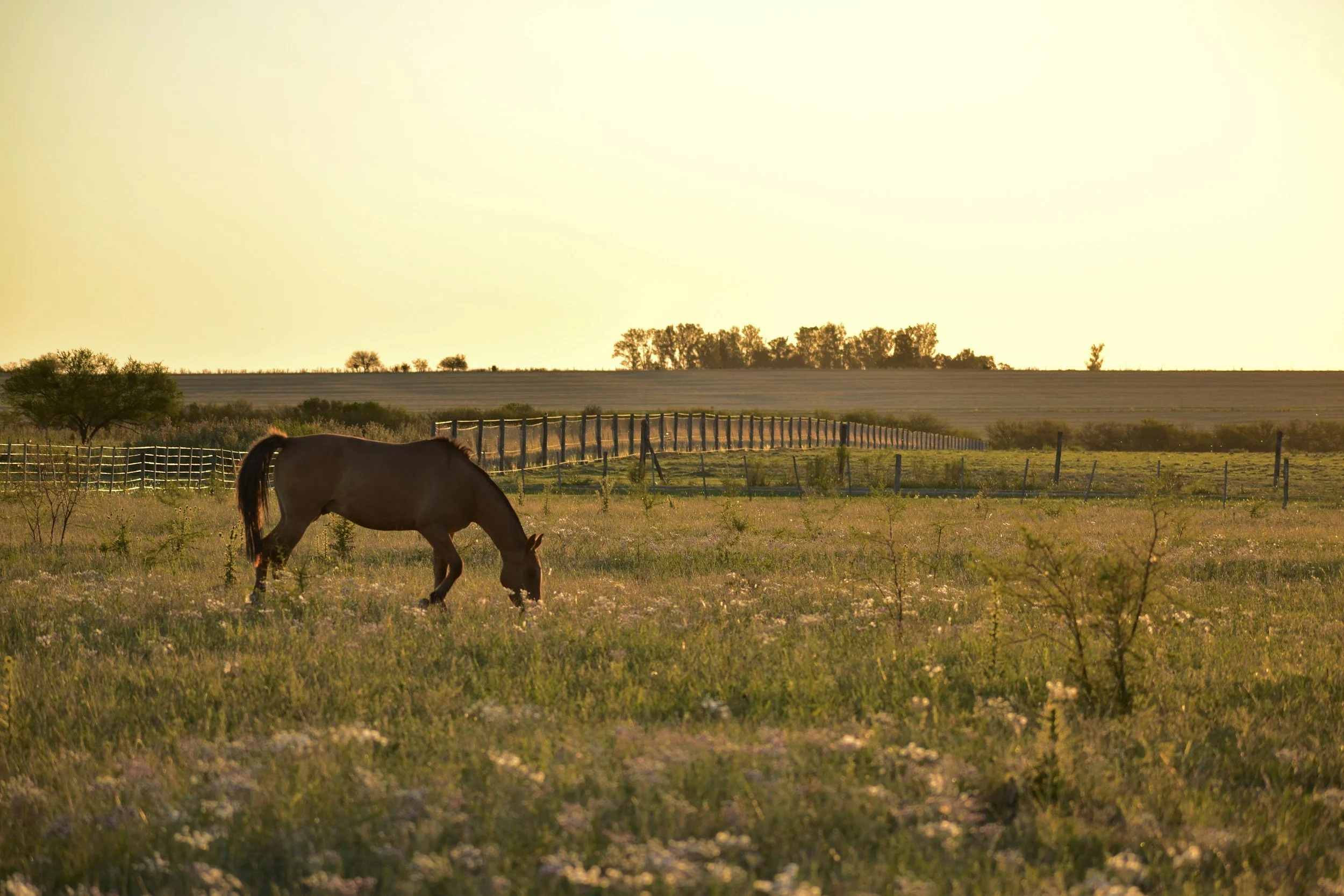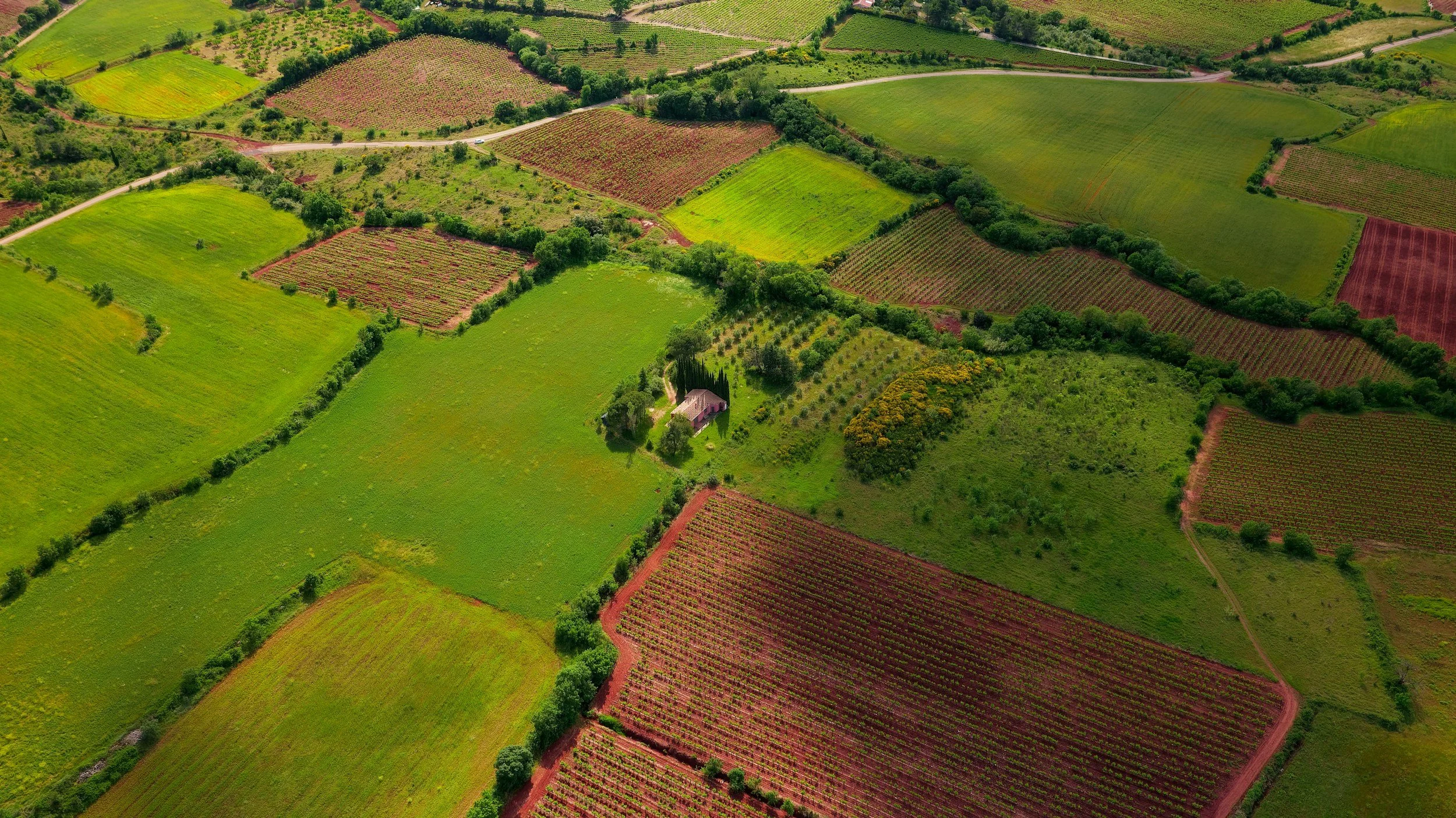In this blog, 2L staffer Johnna Adams argues that the Second Chance Act (SCA), which has already been proven effective at reducing recidivism, should be expanded to include equine-assisted rehabilitation programs. Adams explains how these programs help participants overcome unique challenges that traditional rehabilitation models often fail to address through hands-on work with horses. Adams contends that by broadening the SCA’s coverage, recidivism can be further reduced without the need for additional spending.
An Infrastructure Insight: Critiques of House Bill 630
In this blog, 3L Staffer Jacob Krummen examines Kentucky House Bill 630, introduced in the 2025 Regular Session in order to change eminent domain laws in Kentucky, protect certain uses of land, and strike a balance between development and conservation. Krummen argues the proposed changes in the bill would substantially impair the development of critical infrastructure in Kentucky and should undergo significant revisions before it is made into law.
PFAS and Breastfeeding: Legal and Public Health Implications
Many fear the health effects of PFAS “forever chemicals,” which have permeated our environment and are now present in our food, water, and everyday products. In this blog, 2L staffer Holly Lefevre explores the growing concern over the presence of these chemicals in breastmilk and the legal and policy failures that allowed this situation to develop. She highlights the critical steps that policymakers, corporations, and communities must take to help protect infants and families.
Holding the Homestead Together: Updating Kentucky’s Partition Framework for Heirs’ Property
Heirs' property ownership is increasingly unstable and fragmented. In this blog, 3L Senior Staffer Ben Bertram argues for the implementation of the Uniform Partition of Heirs' Property Act to protect family-owned farms and ancestral land from forced sales and speculative exploitation. Bertram contends that the procedural adjustments required by the UPHPA are outweighed by the preservation of rural land ownership.
From Ashes to Atoms: Can Kentucky’s Energy Legacy Power a Sustainable Future?
In this blog, 2L staffer Aaron Withers examines Kentucky’s emerging shift from a coal-based economy to advanced nuclear and critical-mineral projects on retired mine sites. He argues that this transition is welcome only if implemented through a community-centered legal framework with strict siting requirements, enforceable local-benefit obligations, and long-term accountability to prevent repeating past harms.
Beyond the Racetrack: Should Kentucky’s New Equine Inspection Law Apply to Show Horses?
In this blog, 2L staffer Alexander Bowman tackles the issue of whether new equine inspection laws for racehorses should be extended to apply to show horses as well. Bowman discusses the new inspection laws and analyzes the benefits of them. Next, he discusses the potentially injurious effects on show horses without these inspection laws. Bowman recommends that these laws should be applied to show horses in a uniform manner through the creation of a similar independent agency like the KHRGC.
Left Out and Left Behind: The Animal Welfare Act’s Failure to Protect Invertebrates
The Animal Welfare Act (AWA) remains outdated in excluding invertebrates such as hermit crabs and shrimp, despite mounting scientific evidence of their sentience. To address this gap, 2L staffer Calvin Scott Bailey believes Congress should amend the AWA or direct the USDA to develop welfare standards for decapod crustaceans, aligning U.S. animal welfare law with contemporary science and global reforms.
The Price on Protection: The EPA’s Decision to Deregulate Safe Drinking Water
In this blog, 2L staffer Emma Carlo explains how the Environmental Protection Agency (EPA) is currently attempting to rescind newly implemented drinking water regulations regarding chemicals known as PFAs. Carlo argues that this deregulation action is indicative of corporate favoritism and proves that water utility companies and the EPA believe the $800 million implementation cost is too expensive to protect the public and the environment. Carlo explains that EPA is acting contrary to its intended purpose, as this deregulation will allow continued exposure to these chemicals for more than 70 million people, despite the high likelihood of adverse health effects from low exposure to PFAS.
Water Wars: Colorado River Crisis Fueled by Climate Change
In this blog, 2L staffer Kalista Thomas focuses on the issues surrounding the lowering levels of water in the Colorado River and how these lowering levels are exacerbated by climate change. Thomas argues how the United States needs to continue to be a member in the Paris Agreement and gives an outline of how the Paris Agreement helps countries reduce their greenhouse gas emissions.









